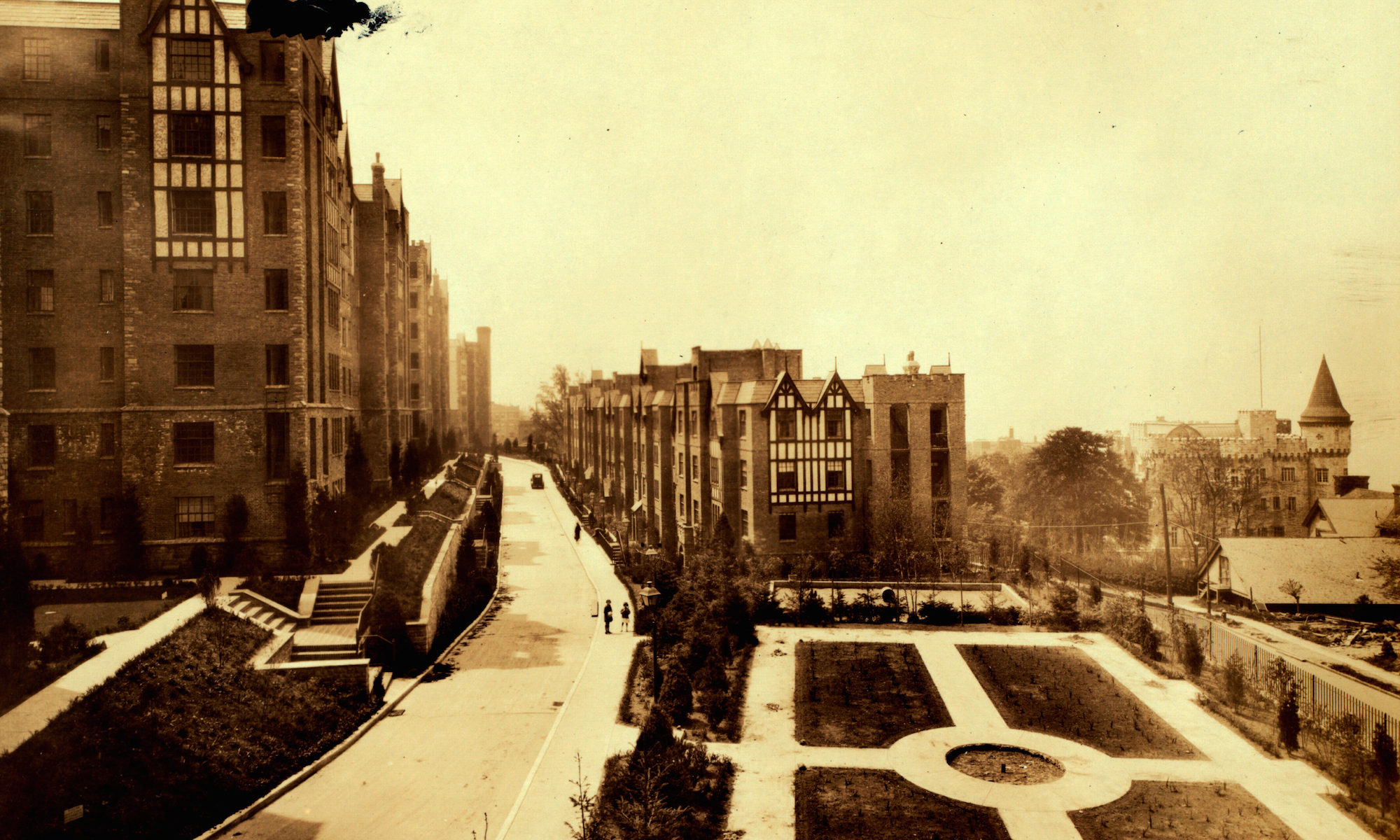Page 93
CHAPTER NINETEEN
My first year of law school is coming to a close and much reviewing for examinations must be done. A few blocks from my residence is Villa Borghese, an extensive and delightful park, with many interesting walks, antique statues and a Museum. I find an isolated slope under an old sycamore and there I stretch myself to my heart’s content, day after day, cramming my brains with all the aridities of ancient and contemporary theories of law. When the sun is high, I walk to the nearby Casino for my midday meal of bread, some dairy product and fruit, after which I go back to my lair for more mental gymnastics. Toward the end of the day, to relieve my fatigue, I take a stroll to the Pincio called in the old days “Collis Hortorum” or hill of gardens, where were the famous gardens of Lucullus and where later Messalina, wife of Claudius, held her notorious orgies.
Several times a week, in the late afternoon, public concerts are given on the Pincio, while spooners wander through shaded walks and the numerous busts of Italian celebrities.
From the Pincio, gorgeous sunsets and one of the most inspiring views of Rome can be enjoyed. Right below is the picturesque Piazza del Popolo, from where several streets radiate, the middle one being the Corso or main street. The curving Tiber, the huge mass of St. Peter’s with the Vatican to the right, the Pantheon, Piazza Colonna, the Palatine, the Quirinal and, surging straight ahead, the Mt. Gianiculum (Gianicolo) topped by a large monument of Garibaldi looking defiantly toward the Vatican. Among the hills on the horizon, Monte Mario stands out in a dark little forest of cypresses.
We have reached the period of the confounded examinations. They are scheduled in various sessions, from which the candidates may select specific dates. I make the choice in the order of my own confidence: Philosophy of law, Roman laws, Constitutional laws and two others. I do very well in the first two and satisfactorily well in the other three, thus fulfilling my quote for the first year.
Page 94
Back in Castelmezzano, I am besieged for days and weeks by wide eyed inquirers of my experiences in the great capital.
The daily mail brings me the “Avanti,” the socialistic paper edited by Enrico Ferri, to which I had subscribed. The gossip begins. Is it possible that a sensible young man can be a socialist? The equality proclaimed by socialism is a heresy, even among the poorest. Their states is the will of God and no change is wanted. An avaricious money lender drew me into a violent discussion of socialism which made him finally swear he would some day destroy me…and he tried, but at the moment I thought he was simply childish.
On the contrary, my father, who was also a man of the old school, but desirous to learn, accepted my explanations of socialism with sincerity and good faith. After I acquainted him with the mental and moral stature of Enrico Ferri, he became an ardent and assiduous reader of the latter’s editorials. In his own limited sphere, my father hated the corrupted system he came in contact with and saw in socialism what I saw, not a destructive force but a new light of social justice and honest government.
Besides the fury of the money-lender, my father and I incurred the displeasure of the two petty, political autocrats of our town. One was the mayor, Mr. Y., a drinking buffoon who never did a day’s work in his life and expected his taxes written off the books. The other was Mr. W., a pompous town-clerk who, coming from elsewhere through the pulling of strings, despised the simple people of our town. When they called at the town hall for some certificate, paying whatever fees demanded without questions asked, he never touched their coins or crumpled bills, but counted and pulled them into a drawer with the point of a ruler to avoid, as he said, the smell of cheese and perspiration.
Mr. Y. and Mr. W., lorded our town, undisturbed for many years. Their resentment of my political amateuring and envy of our family’s progress were kindled also by fear that the coming young lawyer might eventually upset their little sinecure. They began to interfere with my father’s tax collections and succeeded in inciting the animosity of taxpayers, who were not in a happy mood at any time, for old and well founded reasons.
Next: Chapter 20


